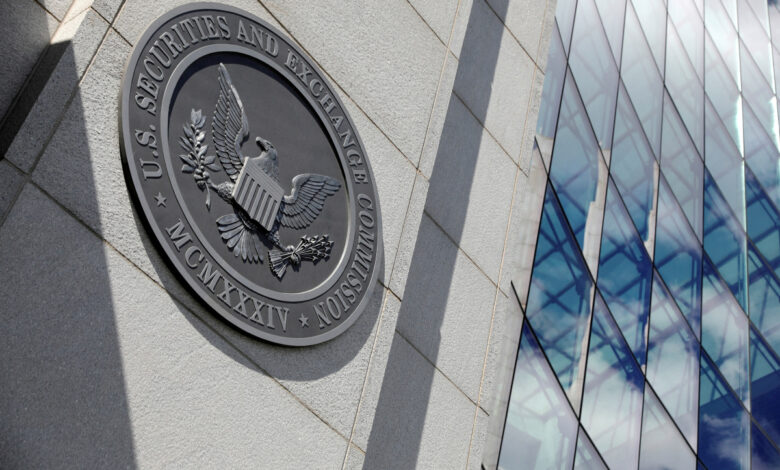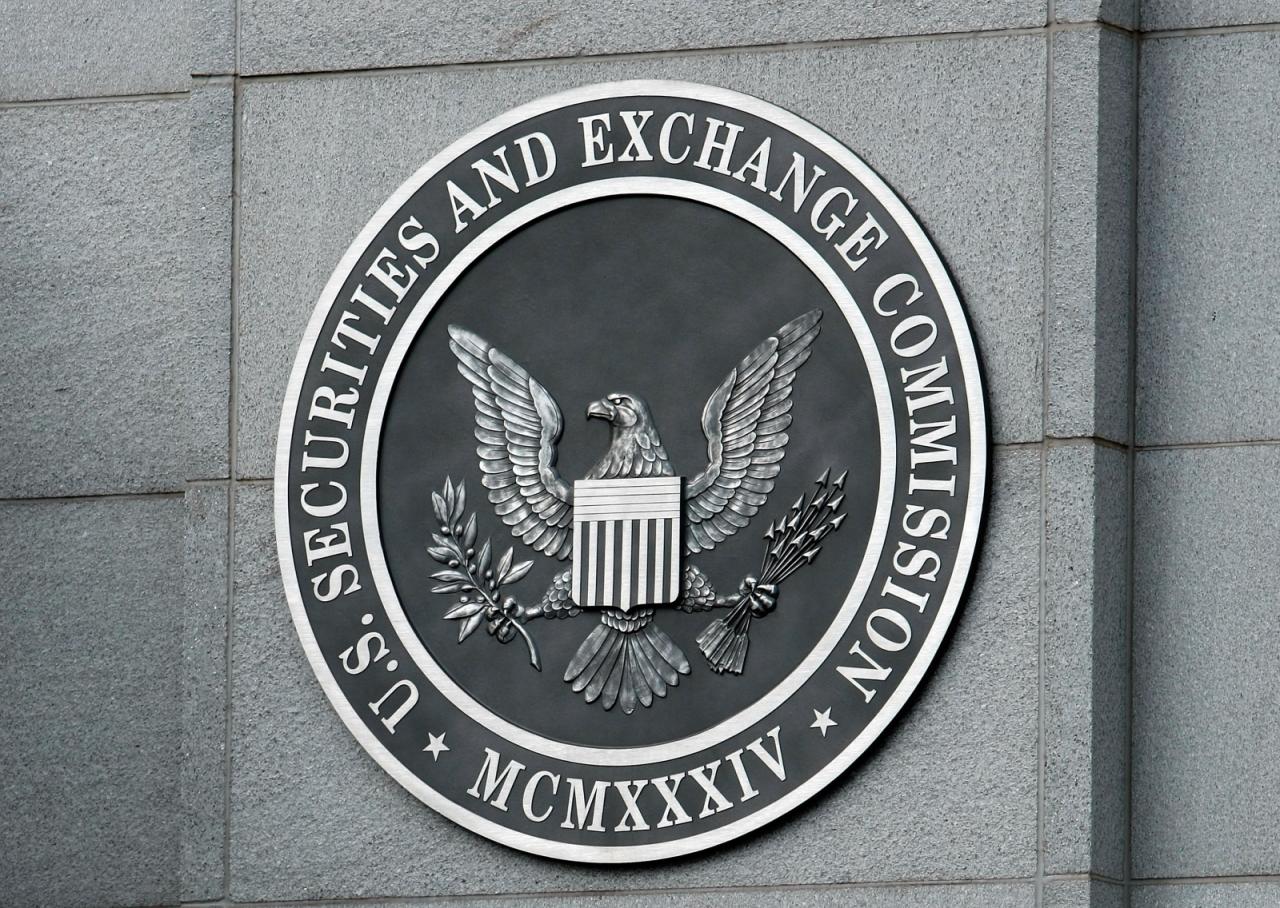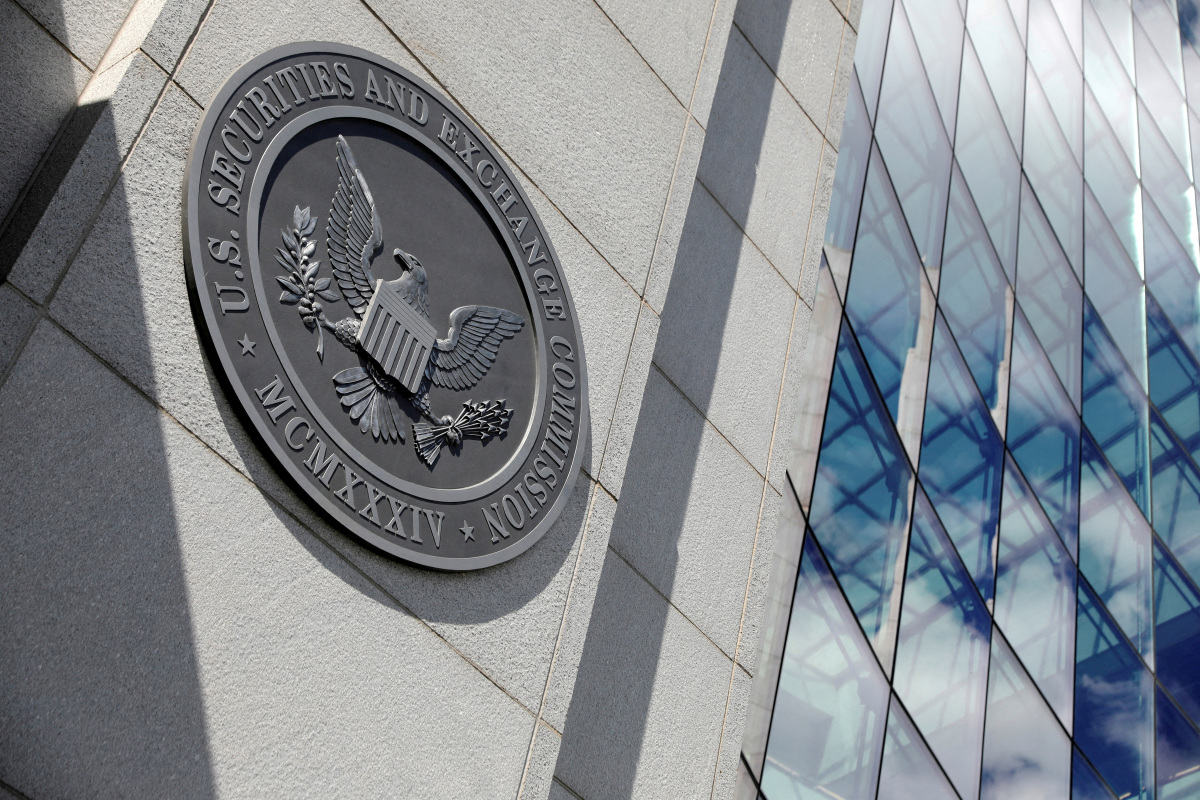
New Proposed SEC Rule Could Hurt Small Farms in US
New proposed sec rule would hurt small farms in us – New Proposed SEC Rule Could Hurt Small Farms in US: A looming threat is casting a shadow over the American agricultural landscape. The Securities and Exchange Commission (SEC) has proposed a new rule that, while aiming to enhance transparency and investor protection, has sparked alarm among small farms.
The proposed rule, with its stringent reporting and compliance requirements, is feared to impose a heavy burden on small farms, potentially leading to increased costs, reduced revenue, and even bankruptcy for some.
The SEC argues that the rule is necessary to ensure that investors have access to accurate and timely information about companies, including those in the agricultural sector. However, critics contend that the rule’s complexity and cost-intensive nature disproportionately impact small farms, who lack the resources and infrastructure to navigate its labyrinthine requirements.
This potential disparity has ignited a heated debate, with stakeholders on both sides advocating for their respective interests.
The Proposed SEC Rule

The proposed SEC rule, formally known as the “Enhancement and Standardization of Climate-Related Disclosures for Investors,” aims to standardize how publicly traded companies report their climate-related risks and emissions. This rule, if finalized, would have a significant impact on various sectors, including agriculture, with small farms expressing concerns about its potential implications.
The Key Provisions of the Proposed SEC Rule
The proposed rule mandates that publicly traded companies disclose their greenhouse gas (GHG) emissions, including Scope 1, 2, and 3 emissions. Scope 1 emissions are direct emissions from a company’s own operations, while Scope 2 emissions are indirect emissions from purchased electricity, heat, or steam.
Scope 3 emissions encompass all other indirect emissions in the company’s value chain, including those from suppliers, transportation, and the use of sold products. The rule also requires companies to disclose their climate-related risks and how they are managing those risks.
This includes potential impacts from climate change, such as extreme weather events, changes in agricultural yields, and rising input costs. Additionally, companies must disclose their climate-related targets and strategies, such as their plans to reduce emissions or adapt to climate change.
Concerns for Small Farms
While the SEC’s intent is to provide investors with more transparent information about companies’ climate-related risks and emissions, small farms are concerned about the rule’s potential impact on their operations.
- Reporting Burden:The proposed rule requires significant data collection and reporting, which could be burdensome and costly for small farms. Many small farms lack the resources and expertise to track and report their emissions, particularly Scope 3 emissions, which are often complex and difficult to quantify.
- Increased Costs:Complying with the rule’s reporting requirements could lead to increased costs for small farms, potentially affecting their profitability. The costs associated with data collection, reporting, and potentially implementing new practices to reduce emissions could be significant, especially for farms with limited financial resources.
- Potential for Increased Regulation:The proposed rule could create a precedent for future regulations that could further impact small farms. If the SEC’s rule is successful, other regulatory bodies may adopt similar reporting requirements, potentially leading to a more complex and burdensome regulatory environment for small farms.
The SEC’s Rationale for the Rule, New proposed sec rule would hurt small farms in us
The SEC argues that the proposed rule is necessary to provide investors with the information they need to make informed investment decisions. The SEC believes that climate change poses a significant financial risk to companies and investors, and that companies should be transparent about their climate-related risks and emissions.
The SEC also argues that the rule will promote greater consistency and comparability in climate-related disclosures, making it easier for investors to assess the climate-related risks of different companies.
Concluding Remarks: New Proposed Sec Rule Would Hurt Small Farms In Us

The fate of small farms hangs in the balance as the SEC grapples with the potential consequences of its proposed rule. The debate highlights the delicate balance between investor protection and the need to safeguard the livelihoods of small businesses, especially in a sector as vital as agriculture.
As the conversation unfolds, finding a solution that balances the competing interests of investors, regulators, and small farms will be crucial for the future of the agricultural industry and the nation’s food security.
The proposed SEC rule, while aiming to improve transparency, could inadvertently cripple small farms by burdening them with complex reporting requirements. It’s a stark contrast to the exciting news of Boeing’s Starliner launch, which will bring new cargo and science to the space station.
While the Starliner mission pushes the boundaries of human exploration, the SEC rule threatens the very foundation of our agricultural sector, jeopardizing the livelihoods of countless farmers.
It’s frustrating to see how the new proposed SEC rule could cripple small farms in the US, especially when you consider how America almost took a different path toward abortion rights, as highlighted in this fascinating article america almost took a different path toward abortion rights.
Both issues highlight the importance of fighting for policies that protect the vulnerable and empower individuals, and it’s disheartening to see our government potentially pushing policies that harm small businesses and limit individual freedoms.
The proposed SEC rule is raising a lot of concerns, especially for small farms who are already struggling to stay afloat. It’s like watching a slow-motion train wreck, and it feels like no one is paying attention. This reminds me of the recent controversy surrounding the GOP ad about North Carolina Democratic Senate candidate Cheri Beasley, which was pulled from TV stations due to complaints about its inaccuracies.
The ad, which was filled with misleading claims, is a stark example of how misinformation can be used to manipulate public opinion. Just like the proposed SEC rule, this ad could have serious consequences for those affected. Hopefully, we can learn from these examples and work towards a more truthful and equitable future.






